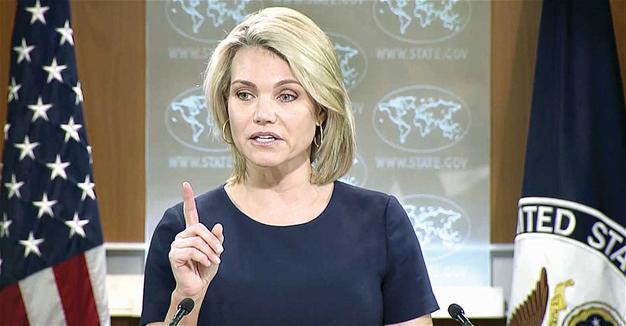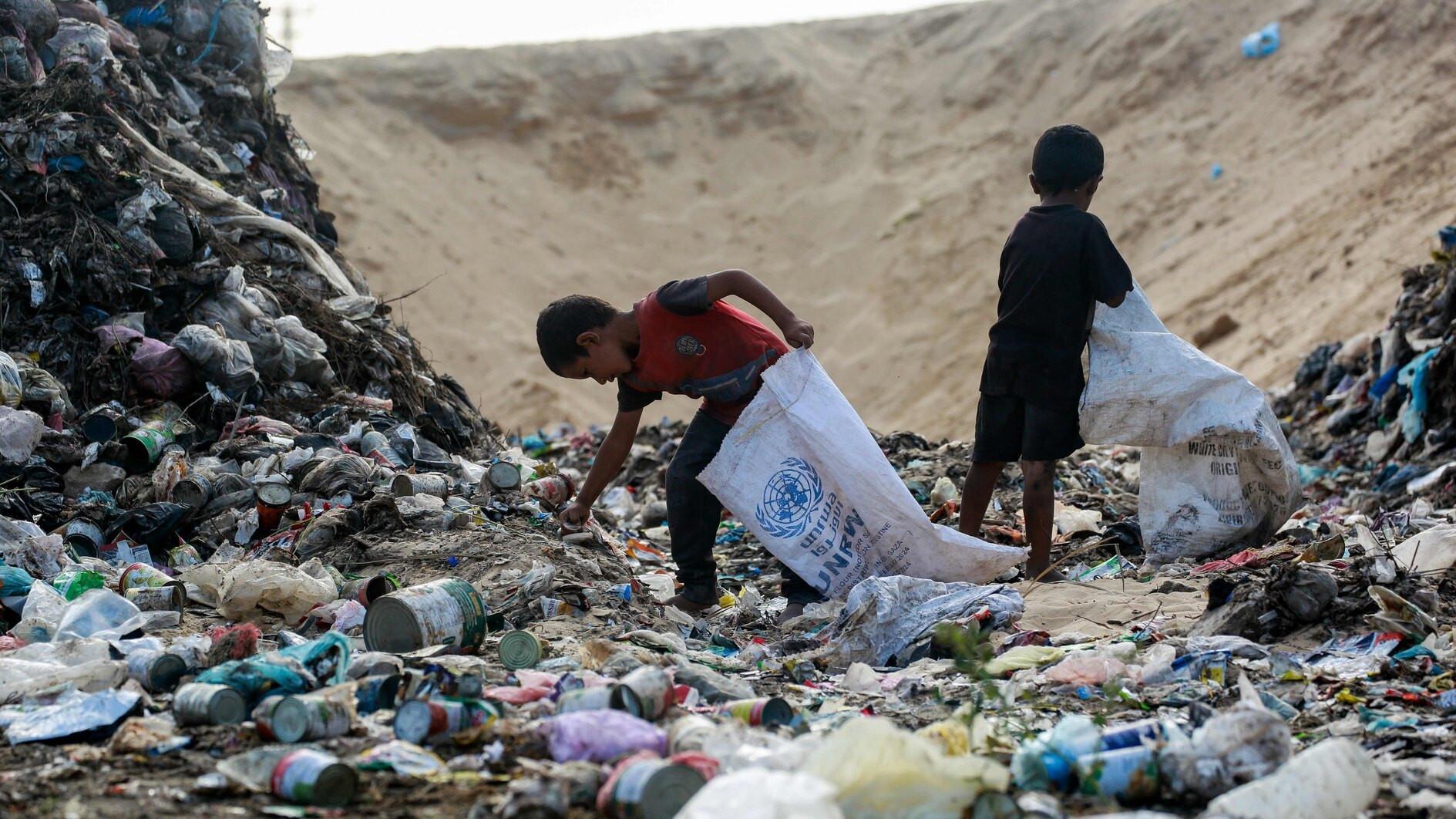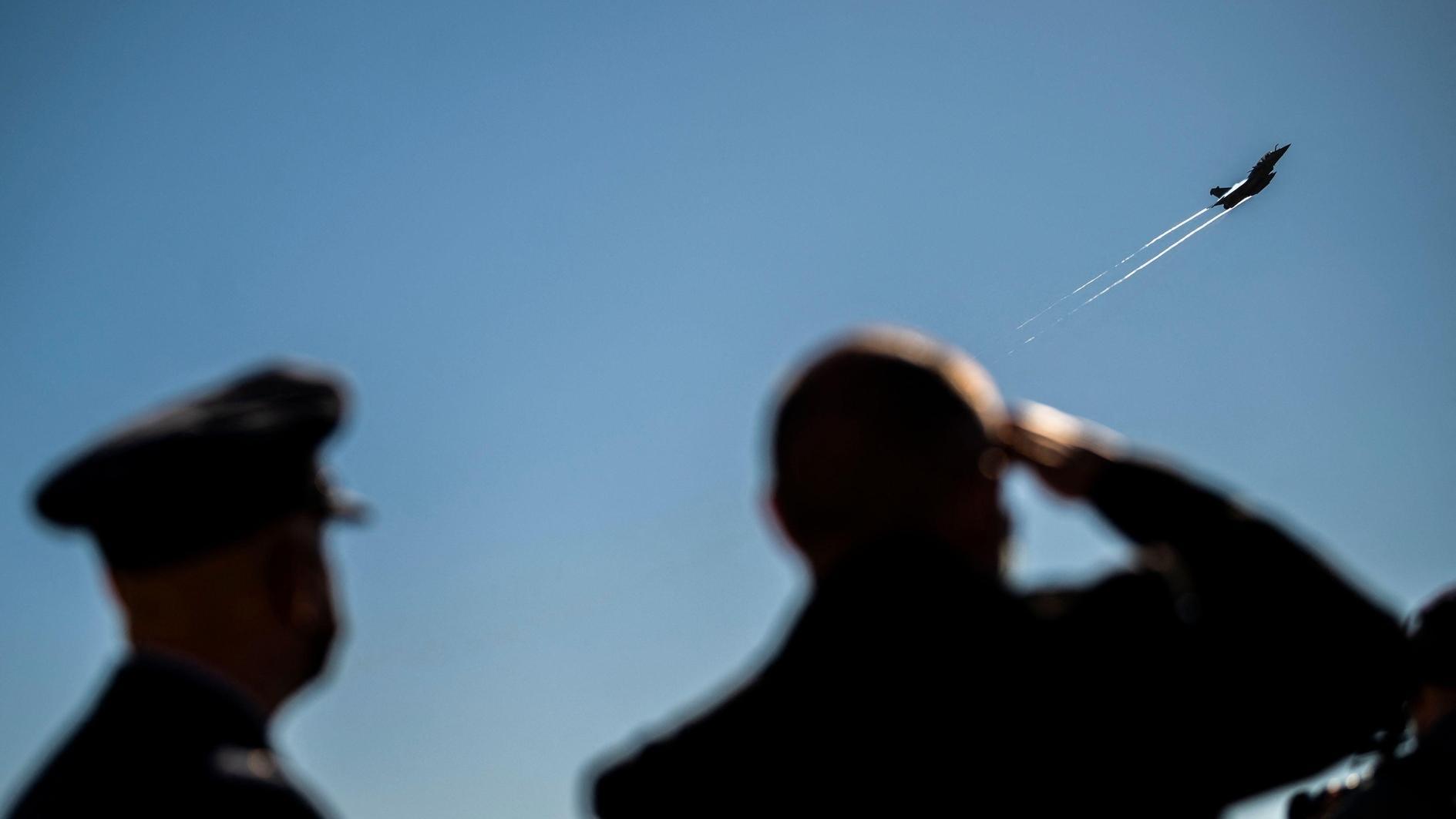US ‘frustrated’ over embargo on Qatar
WASHINGTON
 The United States declared itself “mystified” on June 20 that Saudi Arabia and its Gulf allies have failed to justify their embargo on Qatar, and urged both sides to resolve the dangerous dispute.
The United States declared itself “mystified” on June 20 that Saudi Arabia and its Gulf allies have failed to justify their embargo on Qatar, and urged both sides to resolve the dangerous dispute.Signaling Washington’s mounting frustration at Riyadh’s role in the crisis, State Department spokeswoman Heather Nauert called into question whether Qatar’s alleged support for terrorism is its true cause.
“Now that it has been more than two weeks since the embargo started we are mystified that the Gulf states have not released to the Qataris nor to the public the details about the claims they are making toward Qatar,” she said.
“The more that time goes by the more doubt is raised about the actions taken by Saudi Arabia and the UAE,” she added.
“At this point we are left with one simple question: Were the actions really about their concerns regarding Qatar’s alleged support for terrorism?” c said. “Or were they about the long-simmering grievances between and among the GCC countries?” she asked, referring to the Gulf Cooperation Council, which includes both Doha and Riyadh.
The statement came after U.S. Secretary of State Rex Tillerson, who has been assigned by President Donald Trump to oversee an end to the crisis, spent two frustrating days on the telephone with senior Gulf officials.
Nauert said he had made at least 20 calls to both Riyadh and Doha, and that he wanted to see a quicker resolution to the conflict, which has seen Saudi Arabia close its border and airspace with Qatar, home to a huge US air base.
“The secretary is determined to remain engaged as we monitor the situation,” she said. “We are encouraging all sides to de-escalate tensions and engage in constructive dialogue. We once again call on all parties to focus on the core regional and international goal of fighting terrorism.”
U.S. officials denied the statement marked a shift in their position, but it does mark a break with Trump’s previous statements on the crisis, in which he appeared to take Saudi Arabia’s side over Qatar’s. On June 10, Trump alleged that Qatar “has historically been a funder of terrorism at a very high level” -- echoing Riyadh’s claim that the gas-rich emirate has been funding extremist groups, including some linked to Saudi foe Iran.
But while Tillerson has urged Qatar to be “responsive to the concerns of its neighbors,” the State Department has called on all countries in the region to do more to fight extremism and cut funding to illegal groups.
Many observers believe that Saudi Arabia and its Gulf allies’ problem with Qatar has more to do with its hosting of pan-Arabic news channels like Al-Jazeera and figures from the Muslim Brotherhood movement.
Washington has its own concerns about the Brotherhood but has not listed it as a foreign terrorist organization, and it relies on Qatar as the host of the biggest U.S. air base in the Middle East, a hub in the war against the Islamic State of Iraq and the Levant (ISIL).
















